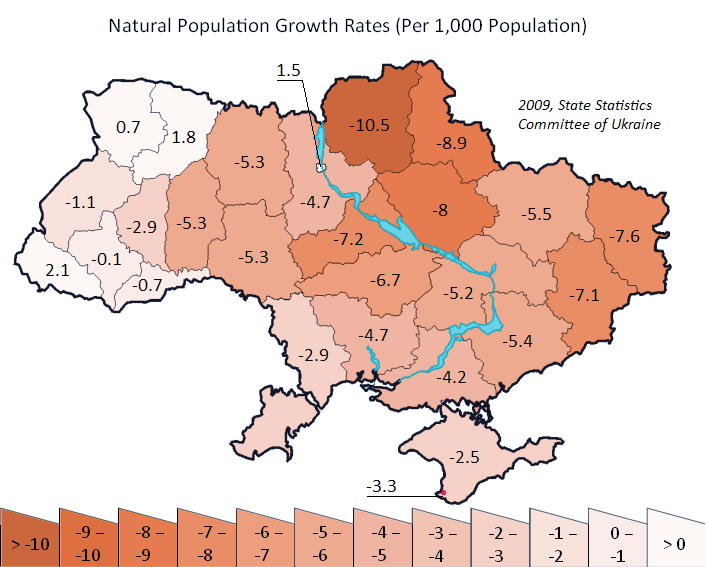Well, here's a surprise. I'm accustomed (aren't you?) to reading lists of must-read books with a guilty awareness that I have read none of them. But Robert Service, the historian of modern Russia, puts together
a list of five books, and I'd have to say that three, maybe four, of the five are real favorites--not just books I've read, but books that I like a lot. Top of the list would be Thucydides,
Pelopennesian War--not (of course) a book about Russia, but the one must-read classic history. A second is Dostoevsky's
Crime and Punishment. The third is a not-so-obvious choice, but I loved it: Leon Trotsky's
My Life. I think Service is bang on about author and subject:
It’s a wonderful memoir of a childhood and young adulthood. Trotsky is a wonderful writer. I think he is one of the two great political writers of the 20th century, the other being Winston Churchill. But, as you move through the book, you get a very strong sense of a man who is justifying his own politics and his own career choices. He gets less and less attractive and less and less plausible as the first half of the book gives way to the second half. In that sense it was a very influential work for me because I started thinking that he was a very attractive man and I ended up thinking that he was a very unattractive politician whose self-justification for the terror and the dictatorship and the ultra centralist discipline that he imposed didn’t have much merit.
The fourth item is George Orwell,
1984, and how can one argue with
1984? But if I were to go back to Orwell today, I think I might take down
Homage to Catalonia or
The Road to Wigan Pier, or maybe
Down and Out in Paris and London, where he talks about how they would spit on the steak to make it juicy. Or maybe best, just browse through the four-volume Penguin set of the Orwell journalism.
The fifth item is only a name to me: Alexander Blok,
The Twelve. Service again:
I remember that when I read this as a student of Russian literature it went really deep. When I later came to study the revolution itself, the politics and the economics and the sociology of the revolution – time and again I could hear in my mental ear the rhythms of this poem. It’s one of the great literary achievements.
Reason enough to go seek it out. I just hope that to enjoy it, you don't have to read it in Russian. I can order beer, but the great poets are beyond me.
Service himself is of course a first-clas historian: not flashy but steady and clear-sighted. Here's a
sort of bibliography (of which I make no pretense to have read more than a few). I thought
Experiment with a People was one of the first really good books about Russia post Gorbachev. Give what he said about Trotsky, I think I'll have to take a look at his
Trotsky: a Biography too (what, no Kindle?).


